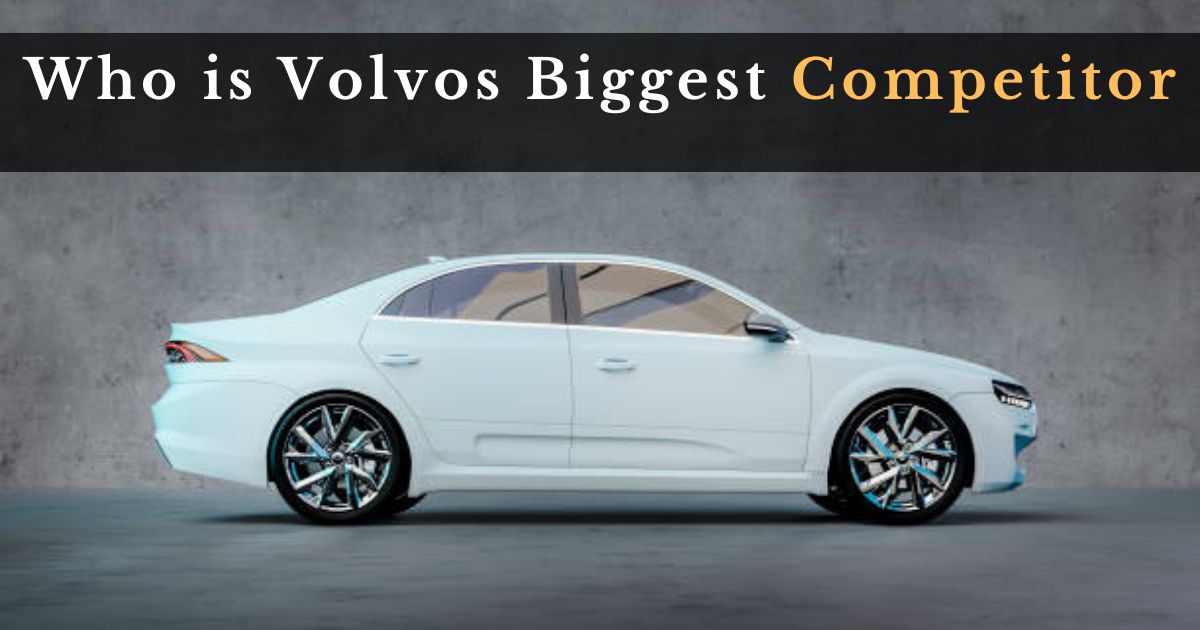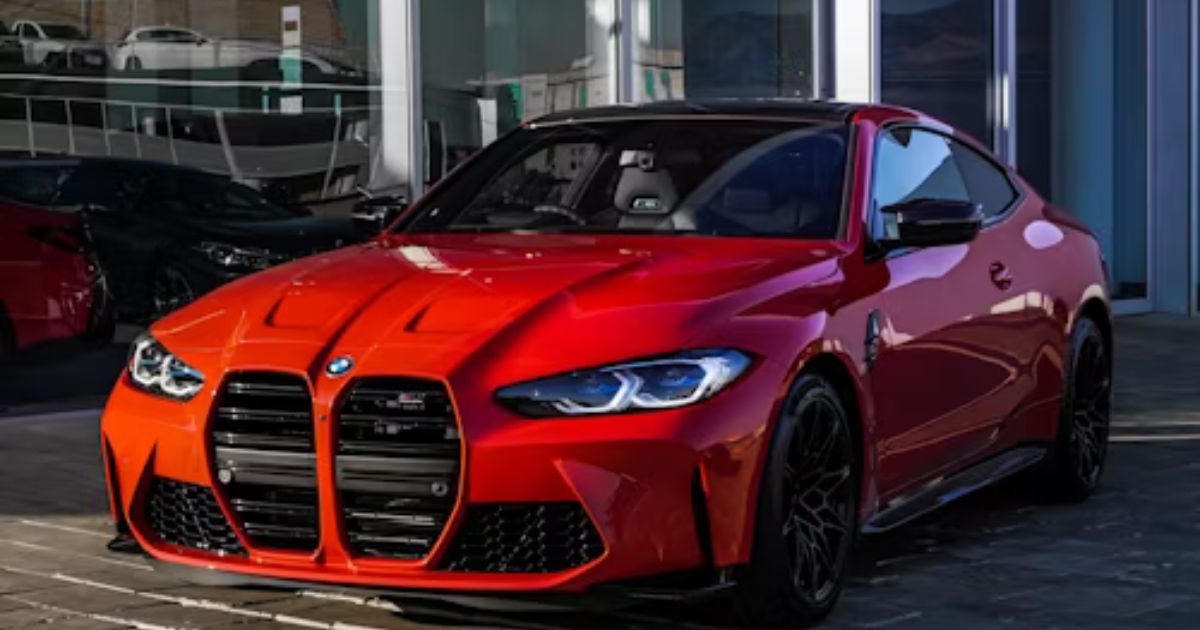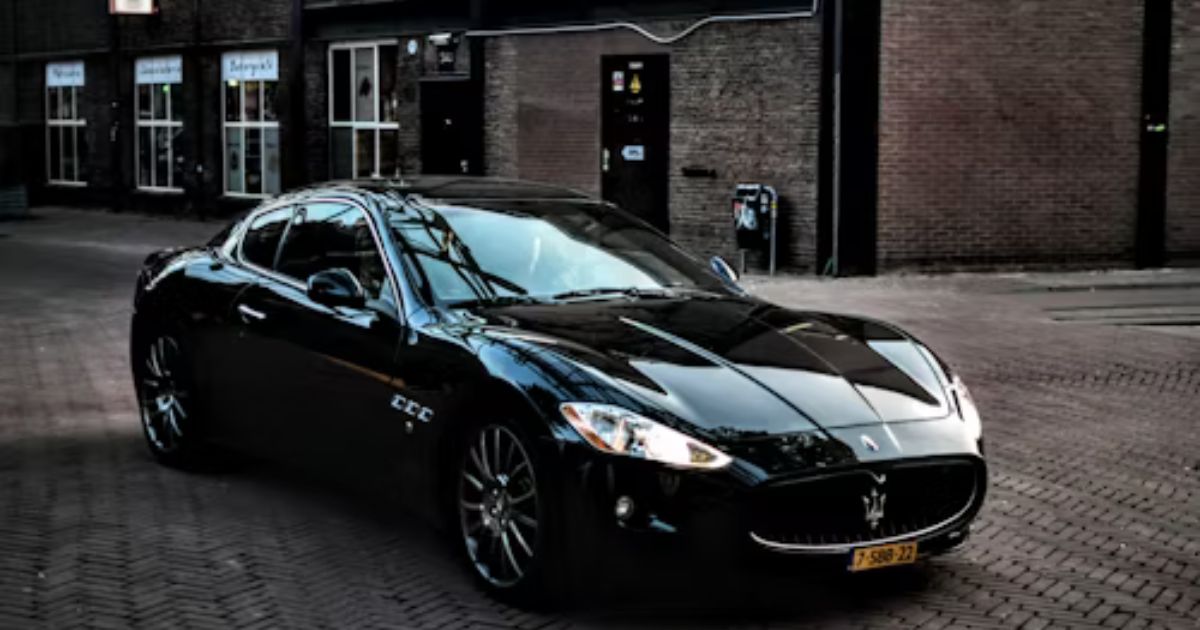Who is Volvos biggest competitor, Volvo is famous for its safe, innovative, and stylish cars, making it a strong player in the car industry. But who is Volvo’s biggest competitor? Let’s look at the main competitors and see how they compare to Volvo.
Who is Volvo’s Biggest Competitor?
Introduction
When it comes to luxury automobiles, Volvo is a name that resonates with quality, safety, and innovation. But who stands as Volvo’s biggest competitor? Understanding the competitive landscape is crucial for grasping where Volvo fits in the broader automotive market and what challenges it faces.
Volvo: A Brief History
Volvo was founded in 1927 in Gothenburg, Sweden. Over the decades, it has grown from a small local manufacturer to a global automotive powerhouse. Known for its commitment to safety and durability, Volvo has carved out a unique niche in the market, appealing to those who prioritize these features in their vehicles.
Volvo’s Market Position
Currently, Volvo is a prominent player in the luxury car segment. It holds a significant share of the market, particularly in Europe and North America. Volvo’s target demographic includes affluent, safety-conscious consumers who value high-quality engineering and modern design.
Defining Competitors
To identify Volvo’s biggest competitor, we need to understand what defines a competitor. Competitors can be categorized into direct and indirect. Direct competitors offer similar products in the same market, while indirect competitors provide alternative solutions that meet the same customer needs.
| Competitor | Model (Similar to Volvo) |
Starting Price (USD)
|
| Audi | A4 (similar to S60) | $41,445 |
| BMW | 3 Series (similar to S60) | $41,150 |
| Mercedes-Benz | C-Class (similar to S60) | $41,550 |
| Lexus | ES (similar to S90) | $42,025 |
| Acura | RLX (similar to S90) | $55,925 |
Top Competitors in the Luxury Car Segment
The luxury car market is competitive, with several brands vying for the top spot. Key competitors to Volvo include those that offer comparable luxury, safety, and innovation.
Mercedes-Benz
Mercedes-Benz, a brand synonymous with luxury and performance, is a major competitor to Volvo. Founded in 1926, it has built a reputation for producing high-quality, technologically advanced vehicles. Mercedes-Benz often rivals Volvo in market share and innovation, particularly in safety features and autonomous driving technology.
Luxury and Comfort: Mercedes-Benz is known for its luxurious interiors and superior comfort, which competes directly with Volvo’s premium offerings.
Innovation: Both brands are pioneers in automotive technology, with Mercedes-Benz pushing boundaries in electric and autonomous driving, areas where Volvo is also making significant strides.
BMW
BMW, established in 1916, is another formidable competitor. Known for its sporty, high-performance vehicles, BMW appeals to a different aspect of luxury compared to Volvo. While Volvo emphasizes safety and comfort, BMW focuses on driving dynamics and performance, making it a popular choice among driving enthusiasts.
Safety and Innovation: While Volvo is renowned for its safety features, BMW is not far behind. Both brands invest heavily in cutting-edge technology to ensure the safety and convenience of their customers.
Brand Image: BMW is often associated with sporty, high-performance vehicles, while Volvo is known for its reliability and safety. This difference in brand image attracts different types of customers, making BMW a significant competitor in the luxury car segment.
Audi
Audi, part of the Volkswagen Group, is renowned for its sleek design and cutting-edge technology. Audi and Volvo compete closely in terms of market share and technological advancements, especially in areas like infotainment systems and electric vehicles.
Technology: Audi and Volvo both offer state-of-the-art infotainment systems, driver assistance features, and electric vehicles. Audi’s reputation for technological innovation matches well with Volvo’s focus on future mobility.
Design: Audi’s sleek and modern design language appeals to a similar demographic as Volvo’s minimalist and Scandinavian aesthetic, making them direct competitors.
Tesla
Tesla has revolutionized the automotive industry with its electric vehicles. As the market for electric cars grows, Tesla has emerged as a significant competitor to Volvo, particularly with its focus on sustainability and innovation. Volvo’s own push towards electric and hybrid vehicles puts it in direct competition with Tesla in the green vehicle segment.
Lexus
Lexus, Toyota’s luxury division, is known for its reliability and refined driving experience. Competing with Volvo in the luxury segment, Lexus focuses on comfort, advanced technology, and superior customer service, making it a strong rival.
Jaguar
Jaguar, a brand with a rich history dating back to 1922, offers luxury vehicles that combine performance and elegance. While Jaguar’s market share is smaller compared to Volvo, its emphasis on stylish design and driving performance presents a competitive challenge.
Acura
Acura, Honda’s premium brand, competes with Volvo by offering luxury vehicles that are both high-performing and reliable. While Acura’s market presence is more prominent in North America, it poses a significant threat to Volvo in this region.
Emerging Competitors
New players in the luxury market, such as Genesis (Hyundai’s luxury division) and Lucid Motors, are also starting to make their mark. These emerging brands could potentially challenge Volvo as they bring fresh innovations and competitive pricing to the market.
Volvo’s Competitive Strategies
Volvo stays competitive through continuous innovation and a strong focus on customer satisfaction. It leads in safety technology, pioneering features such as the three-point seatbelt and advanced driver assistance systems. Volvo’s commitment to sustainability, with a goal to become a fully electric car company by 2030, also sets it apart from many competitors.
Volvo’s biggest competitors include established luxury brands like Mercedes-Benz, BMW, Audi, and newer entrants like Tesla. Each competitor brings unique strengths to the table, challenging Volvo in various aspects such as safety, performance, technology, and sustainability. As the automotive landscape evolves, Volvo’s ability to innovate and adapt will determine its success against these formidable rivals.
FAQs
Who are Volvo’s biggest competitors?
Volvo’s biggest competitors are Mercedes-Benz, BMW, Audi, Tesla, Lexus, and Jaguar. These brands offer luxury vehicles that compete with Volvo in terms of safety, innovation, and customer appeal.
How does Volvo compare to Mercedes-Benz?
Volvo and Mercedes-Benz both offer high-quality, luxurious vehicles. While Mercedes-Benz is known for its performance and advanced technology, Volvo stands out for its safety features and Scandinavian design.
What sets Volvo apart from BMW?
Volvo focuses on safety, comfort, and sustainability, whereas BMW emphasizes performance and driving dynamics. Both brands cater to different aspects of the luxury car market, appealing to diverse customer preferences.
Why is Tesla considered a competitor to Volvo?
Tesla is a competitor to Volvo due to its leadership in electric vehicle technology. As Volvo pushes towards electrification, Tesla’s innovation in the electric car market presents a significant challenge.
What are Volvo’s strategies to stay ahead of competitors?
Volvo’s strategies include pioneering safety technologies, focusing on sustainability with a goal to become fully electric by 2030, and continuously innovating in vehicle design and customer experience.





